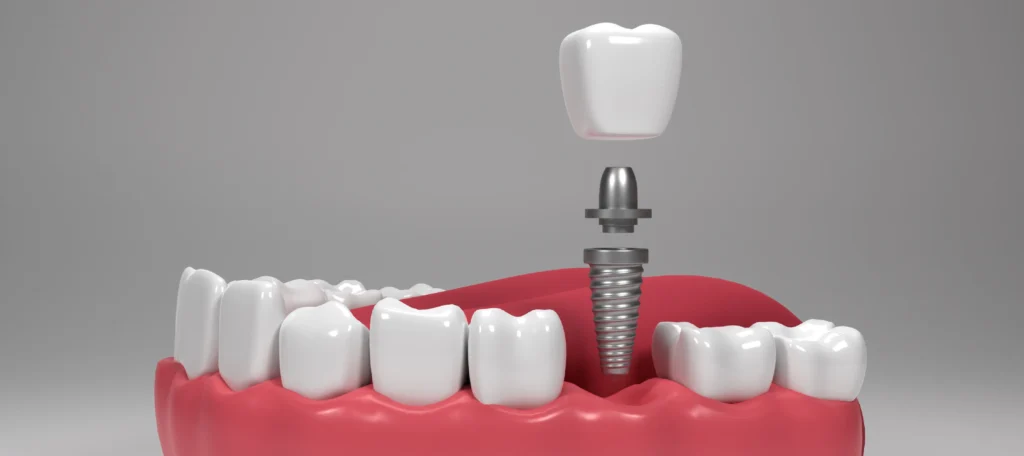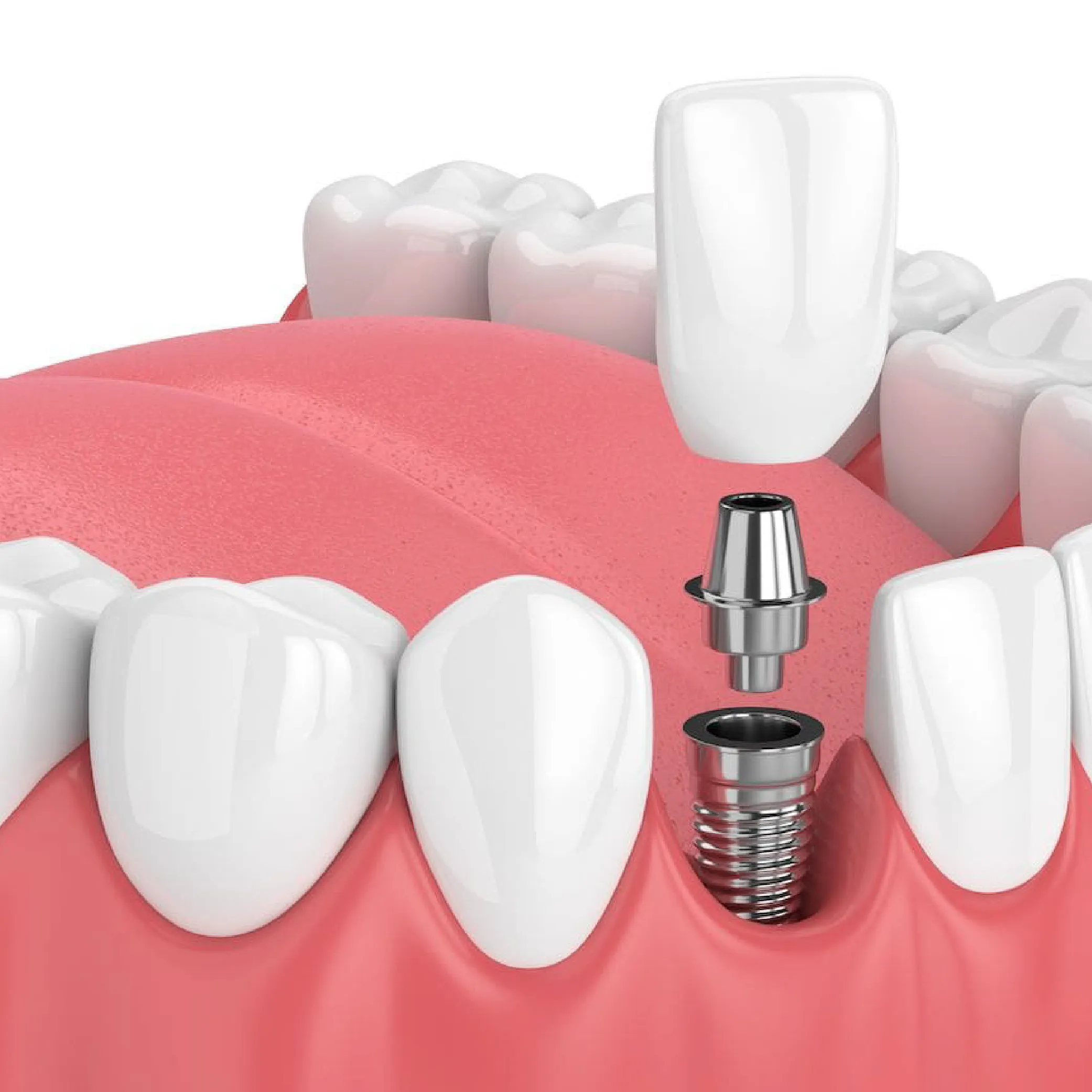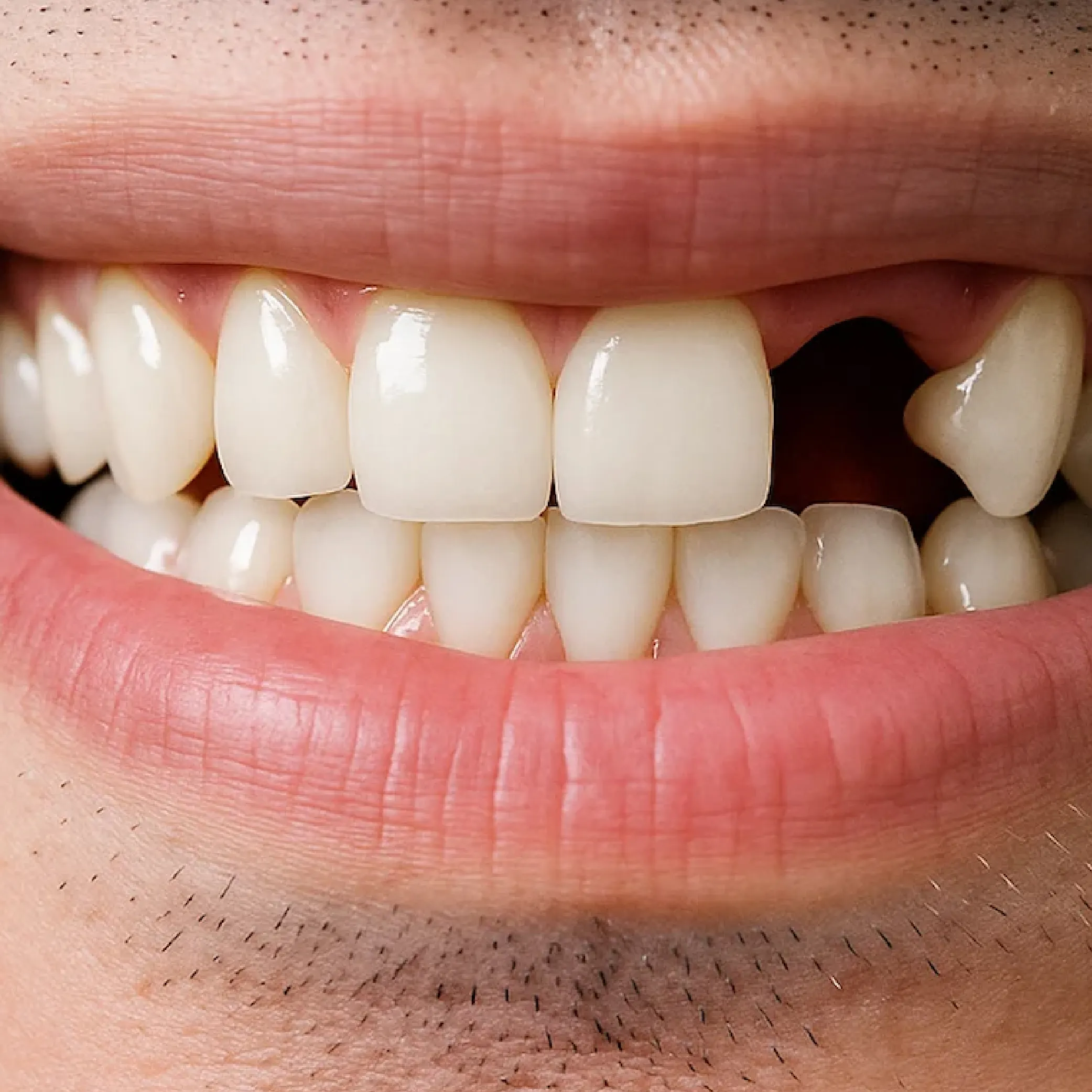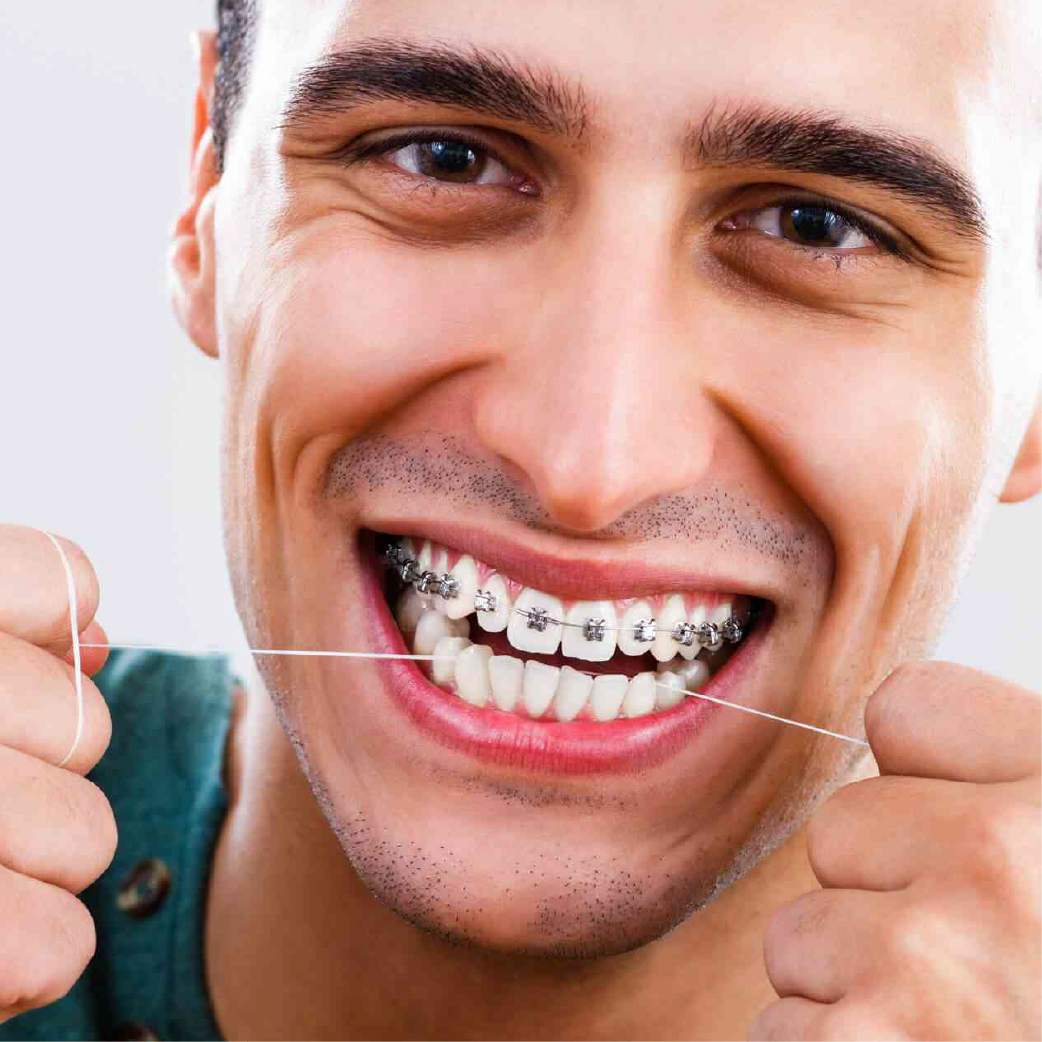A dental implant enables you to recover the regular functionality of your mouth and revive your smile following the loss of a tooth.
Contemporary implants provide a natural look and feel, enabling you to smile and chew confidently, making them an outstanding option for those who have lost a tooth due to decay, injury, or gum disease.
Nevertheless, it is crucial to give proper attention to dental implant care. Knowing how to clean your implants is essential for ensuring their durability and preserving their appearance.
Neglecting the maintenance of your dental implant can result in various complications, including inflammation, discomfort, pain, bone loss, and the development of conditions such as peri-implantitis.
Adhere to these nine crucial steps to maintain a vibrant, joyful smile and ensure the prolonged well-being of your dental implant.
Avoid the occurrence of peri-implantitis.
Top of Form
After obtaining a dental implant, it is imperative to adhere to a thorough oral health routine to ensure the cleanliness of your implants. Failure to do so may result in the development of peri-implantitis.
Peri-implantitis can be considered as a form of gum disease specific to your implants. Similar to periodontal disease, it involves inflammation and redness of the gums, which may become sensitive and prone to bleeding during brushing or flossing.
Moreover, eating can be a painful experience. Beyond the considerable discomfort, peri-implantitis has the potential to lead to the loss of your dental implants. Thankfully, by adhering to essential tips for dental implant care, you can proactively prevent peri-implantitis.
1. Use a Soft-Bristled Toothbrush
Avoid hard-bristled toothbrushes, as they can damage enamel on your natural teeth and prove particularly detrimental to dental implants. After getting dental implants, exclusively use soft-bristled toothbrushes. Look for a soft nylon brush with pliable and gentle bristles to ensure that your implants remain undamaged.
2. Steer clear of abrasive toothpaste Any kind of abrasion can harm your implants. Opt for a specialized low-abrasive toothpaste.
Conventional toothpaste is often highly abrasive to effectively remove plaque and stains, but excessive roughness can erode enamel and damage dental implants.
3. Engage in daily flossing.
Flossing plays a crucial role in eliminating food particles and plaque that accumulate between the teeth and cannot be effectively removed by brushing alone.
For individuals with dental implant, prioritizing flossing becomes even more critical. Plaque buildup around implants can pose a threat to your oral health.
It is vital to transition to an implant-friendly floss. Make it a daily routine to floss using unwaxed tape or another type of floss specifically designed for implants.
4. Sustain a high standard of oral hygiene.
After acquiring dental implants, it’s crucial to maintain the habit of brushing twice daily. Ensure the use of non-abrasive products to safeguard your implants for long-term durability.
Essential items include a soft-bristled toothbrush, sensitive toothpaste, non-alcoholic mouthwash, and implant-specific floss. Steer clear of baking soda, bleach, and chlorine cleansers, as they may weaken or cause permanent damage to your implants.
Additionally, it is advisable to avoid strongly flavored oral hygiene products (such as mint or cinnamon) to prevent potential discomfort.
5. Steer clear of foods that are hard, hot, or sticky.
Avoid hard foods as they can potentially damage or break your implants. Similarly, sticky foods may adhere around your implants, promoting plaque buildup.
For individuals with implants, it’s advisable to steer clear of the following: ice, hard candies, hardshell tacos, potato chips, carrots, apples, crusty bread, caramel, dried fruits, and steak.
Furthermore, exposure to hot water or hot food products, like soups, has the potential to distort the shape of your implants.

6. Restrict the intake of alcohol.
Alcohol is rich in sugar, which can contribute to tooth decay in natural teeth. However, it poses challenges for dental implants as well.
Not only does alcohol accelerate the buildup of plaque, but it also hinders the healing process after dental implant surgery. Consequently, it becomes particularly crucial to abstain from alcohol consumption during the six months following your dental implant procedure.
7. Cease smoking.
Smoking poses significant harm to your oral health, increasing the risk of various issues, including tooth decay and cancer.
In the context of dental implants, smoking significantly impedes the healing process, leading to inflammation and weakening of the gums around the implant. Additionally, smoking can cause staining on your newly placed implants. Quitting smoking is strongly recommended for optimal oral health and successful dental implant outcomes.
8. Arrange routine appointments with your dentist.
Frequent visits to your dentist are vital for maintaining oral health. Having dental check-ups at least twice a year assists in managing plaque and tartar buildup and facilitates the early detection of emerging issues.
For individuals with dental implant, these appointments serve as an opportunity to verify proper functionality. Your dentist will examine the implants to ensure there are no indications of peri-implantitis or damage.
9.Invest in a mouthguard for teeth grinding
Bruxism, commonly known as teeth grinding, can cause permanent damage to both your natural teeth and dental implants.
The excessive force exerted during teeth grinding puts intense pressure on your implants, potentially leading to lasting consequences. If your dentist diagnoses you with bruxism, it is advisable to choose a custom mouthguard to safeguard your teeth.
Specific care for overdentures involves several important steps:
Daily Brushing: Use a soft-bristled brush to gently clean the underside of the denture at least once a day.
Overnight Soaking: Soak the denture in a recommended cleaner overnight to maintain cleanliness and freshness.
Regular Inspection: Check o-rings, locator caps, and clips daily for any signs of wear or damage. Address any issues promptly.
Routine Dental Visits: Visit your dentist regularly, ideally 2-4 times a year, for professional check-ups and adjustments to ensure the optimal fit and function of your overdentures.
Adhering to these care practices will contribute to the longevity and effectiveness of your overdentures.
In a technical sense, a dental implant refers to an artificial tooth root surgically positioned in the jaw to support a prosthetic tooth or bridge. However, colloquially, when people mention “dental implant” they typically encompass both the implant (the artificial tooth root) and the prosthetic tooth. Dental implants can be a viable choice for individuals who have lost one or more teeth due to periodontal disease, injury, or other factors and wish to avoid wearing dentures.




